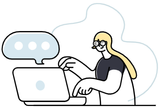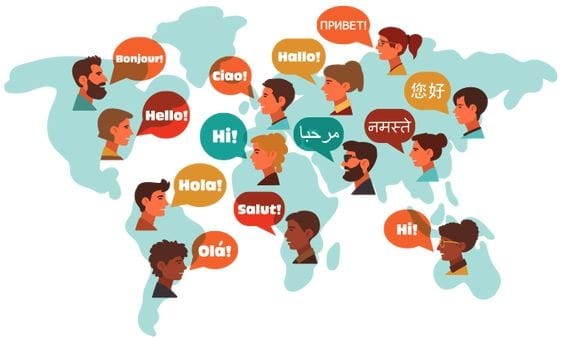Australia Is Moving to Ban Children From Social Media. Will It Work?

I'll draft a blog post addressing the topic of social media restrictions for children in Australia.
The Digital Dilemma: Protecting Our Children in the Age of Social Media
In an unprecedented move that has sparked global conversation, Australia is taking a bold stance against the potentially harmful effects of social media on children. The proposed ban raises critical questions about digital safety, parental control, and the evolving landscape of childhood in the 21st century.
Understanding the Motivation
The Australian government's proposed legislation stems from growing concerns about the psychological and social impacts of social media on young minds. Recent studies, including those highlighted in Jean M. Twenge's groundbreaking book iGen, have documented the troubling correlation between excessive social media use and increased rates of anxiety, depression, and social isolation among children and teenagers.
The podcast "Your Parenting Mojo" has extensively explored this topic, featuring experts who argue that social media platforms are deliberately designed to be addictive, with algorithms that exploit young users' psychological vulnerabilities. These insights provide crucial context for understanding why such a drastic measure might be necessary.
The Proposed Approach
The proposed ban would effectively prevent children under a certain age from accessing social media platforms. This approach goes beyond previous measures like age restrictions, suggesting a more comprehensive prohibition that could fundamentally reshape how young people interact with digital technologies.
Challenges of Implementation
However, the road to effective implementation is fraught with challenges. Digital natives are notoriously adept at circumventing technological barriers. Virtual Private Networks (VPNs), alternate accounts, and peer-sharing could potentially undermine the most well-intentioned restrictions.
The Role of Digital Journaling as an Alternative
This is where innovative solutions like digital journaling can play a crucial role. Platforms such as Sharings.Me offer a controlled, safe alternative to traditional social media. These digital journals provide children with:
- A private space for self-expression
- Controlled sharing mechanisms
- Psychological support through guided writing
- Protection from the predatory algorithms of mainstream social media
Learning from International Experiences
Other countries have attempted similar restrictions with mixed results. Countries like China have implemented strict social media and gaming regulations for minors, providing valuable insights into potential successes and pitfalls.
The Psychological Perspective
Child psychologists argue that complete prohibition might not be the most effective strategy. Dr. Lisa Damour, in her work on adolescent psychology, suggests that teaching digital literacy and healthy online behaviours might be more sustainable than outright bans.
Technology vs. Education
The most effective approach likely lies in a combination of technological restrictions and comprehensive digital education. Parents and educators must work together to:
- Teach critical thinking about online content
- Develop healthy digital habits
- Create open dialogues about online experiences
- Understand the psychological triggers of social media addiction
The Potential Impact
If successful, Australia's initiative could become a global model for managing children's digital experiences. It represents a proactive approach to protecting young minds in an increasingly digital world.
Technology and Mental Health
The proposed ban acknowledges the growing body of research linking excessive social media use to mental health challenges. Platforms designed to capture and monetise user attention can have devastating effects on developing brains.
A Balanced Approach
While the proposed ban is radical, it reflects a nuanced understanding of the complex relationship between technology, social interaction, and child development. It's not about completely eliminating digital experiences but about creating safer, more controlled environments.
Resources for Parents and Guardians
Parents seeking alternatives to traditional social media can explore:
- Digital journaling platforms
- Monitored communication apps
- Educational technology platforms
- Guided online experiences
The Power of Digital Journaling
Digital journals like Sharings.Me offer a compelling alternative to traditional social media. They provide structure, privacy, and meaningful engagement without the negative aspects of mainstream platforms.
Call to Action
We invite you to join our supportive online journal community at Sharings.Me. Create a safe, meaningful digital space for yourself or your children. Experience the power of guided, intentional digital communication.
Join Sharings.Me today and revolutionise your digital experience!
Conclusion
Australia's proposed social media ban for children represents a critical moment in our digital evolution. While the approach may seem extreme, it signals a growing recognition of the need to protect young minds in an increasingly complex digital landscape.
The solution lies not in total prohibition, but in creating meaningful, supportive digital environments that nurture healthy communication, self-expression, and personal growth.




